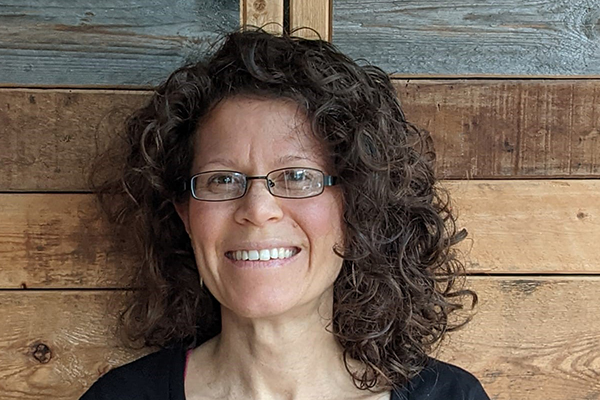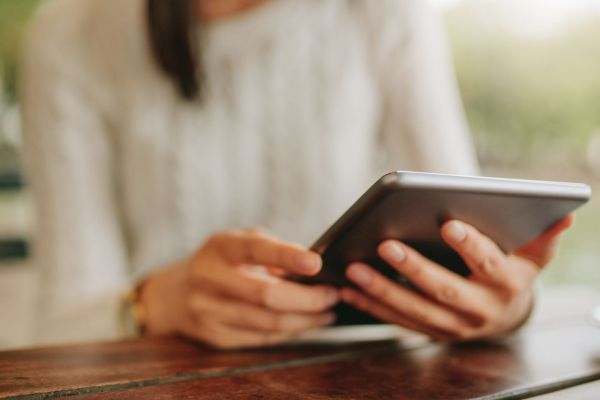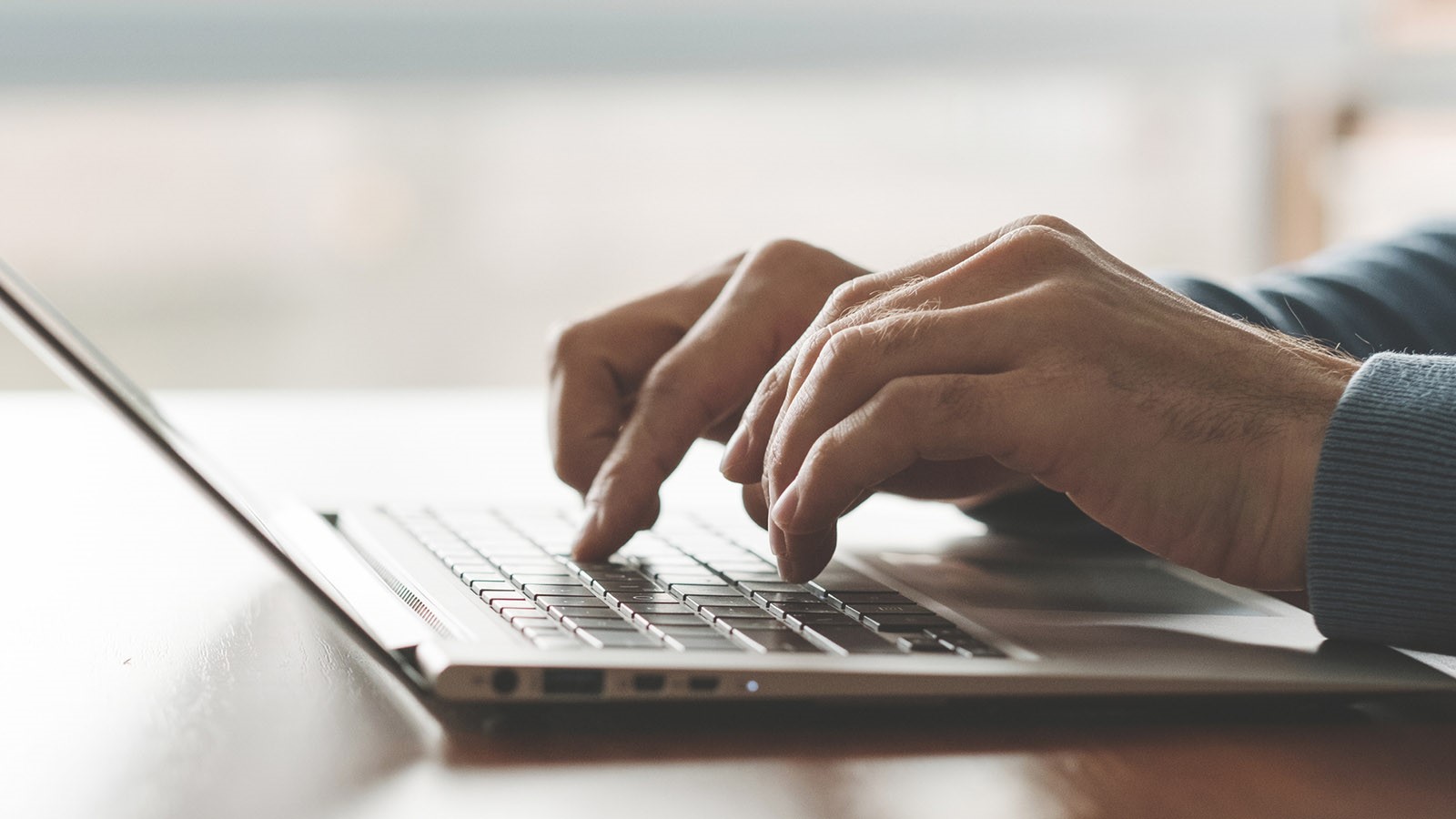I wanted to share some thoughts after a year of virtually shielding and the impact it’s had, both in my professional work with disabled people and in my personal life as me and my partner are in the high-risk category due to disability and health issues.
It has certainly been an unusual year. Since March 2020 we have only left the house for exercise, and to occasionally allow our daughter to socialise with other children. During the summer we made good use of our garden and the canal at the end of our street.
The winter has been hard, as it has for everybody else, with a lack of opportunities to go out and even less opportunities to socialise with neighbours. We’re on the vulnerable list for shopping but, even so, there have been times in the past year where we’ve been unable to get a slot. Thankfully, with the help of family members, our PA and community volunteers, we’ve been able to get what we need and stay safe at home.
What we’re now noticing is that we’re even more cocooned at home than we were, that starting to go out again is anxiety provoking, particularly as many other people have returned to ‘normal’ pre-COVID behaviours.
Living with disability causes additional stresses, both in terms of the practical elements, but also in terms of dealing with inaccessible environments, intrusiveness of healthcare professionals, reactions from members of the public and the psychological impact of all of these. Because of this, it can be easier to reach a state of overwhelm. Certainly, we noticed a clear need to reduce things in our lives to counter the additional stress of living with COVID, such as the extra time and preparation needed when going out or cleaning anything that comes into the home.
For disabled clients there have been many issues around support. For those that have people coming into their homes, there have been many challenges. If the support worker is not following the safety guidelines as much as you need to, how do you address this with them? Can they still enter your home and if they do not, how do you manage without their support? Many have had to choose to let people come into their home knowing that it put them at further risk of contracting COVID. Others have chosen not to eat or drink properly to avoid contact with others, knowing they then risk other health issues. For many it has felt like a lose-lose situation. Many have had little or no support due to staffing issues.
On top of that many disabled people have felt and continue to feel ignored by the Government. Even for those people who are disabled but do not have health issues, COVID death rates have been far higher than the general population, indicating there are other systemic issues going on.
Many people struggle with masks due to things like breathing difficulties, lip reading, but also psychological trauma – some abuse survivors were abused by people wearing masks. It’s looking likely that wearing masks will be one of the last conditions to go. Though many disabled people are exempt from wearing masks, for those who have experienced abuse – a higher probability if you are disabled – seeing other people with masks can trigger trauma. I have agreed to meet outdoors for the foreseeable future with my clients, although this is not ideal for the work we do.
Pre-COVID, I had many requests for therapy from clients outside my local geographical area, but few wanted to work online. For people who have been marginalised and discriminated against, being able to read people’s non-verbal communication is vital in order to make sound judgments around whether that person is trustworthy. Clients have told me it’s harder to do this online. However, I’m hoping the necessity of online working is encouraging disabled clients to try working online. One of the issues disabled people face is finding a disability affirmative therapist whose venue is also accessible. Working online offers them more choices.
I’m hoping that therapists without disability experience will draw on their own COVID challenges such as isolation, lack of social support, anxiety, impossible choices, being unable to go out and being told what to do by a powerful third-party whose goalposts change continually, to help them to understand their disabled clients.
Personally, we’re looking forward to the spring and summer and having more ways to connect with nature, and more opportunities to expose our bodies and brains to new experiences and beauty. Certainly, this aided our wellbeing a lot last year, and will do so again.
Read more

Coronavirus: Living with disability through Covid
Melani Halacre discusses the value of therapy for people living with disability or shielding as we head into another lockdown

Blogs and vlogs 2021
News, views and updates from our staff, members and counselling clients

Coronavirus (COVID-19)
Guidance and resources for members
Views expressed in this article are the views of the writer and not necessarily the views of BACP. Publication does not imply endorsement of the writer’s views. Reasonable care has been taken to avoid errors but no liability will be accepted for any errors that may occur.
